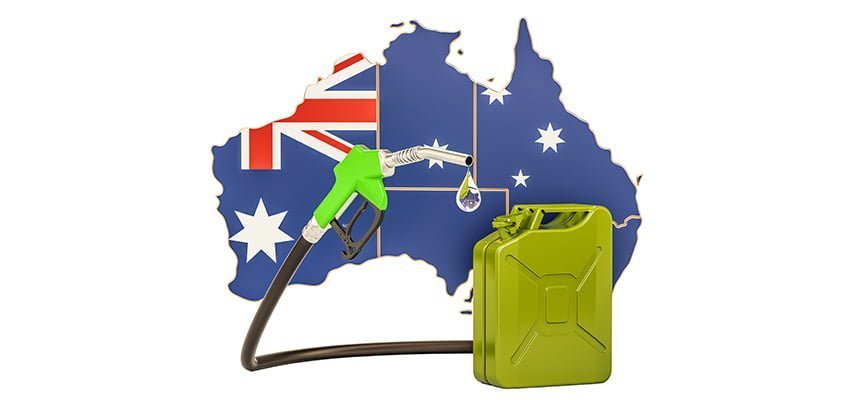A REPORT into Australian fuel security has made the case for a domestically-owned and operated tanker fleet.
The report, entitled ‘Running on Empty’, was prepared by maritime consultant John Francis, a former director of the Maritime Transport Policy Centre at the Australian Maritime College, and commissioned by the Maritime Union.
Released this week, the report says the lack of Australian tankers places the nation at risk should fuel supplies be cut during a conflict or economic shock.
According to the authors, reliance on foreign flagged tankers “removes any opportunity for the Commonwealth to be able to requisition national flag tankers if necessary to secure minimum import or coastal distribution requirements following major economic or geopolitical disruptions to oil markets”.
“The cost of addressing this risk is comparatively low: even carrying Australia’s entire import volume on a fleet of Australian tankers would cost less than one extra cent per litre,” Mr Francis wrote.
The report highlights that Australia is the only International Energy Agency member country that does not meet its 90-day fuel stockholding obligation, which has been the case since early 2012.
Mr Francis has produced costings, per litre of cargo, for several scenarios involving the use of tankers owned, managed and crewed by Australians, finding this additional cost could be spread across the entire import volume to provide a “very modest cost per litre”.
MUA deputy national secretary Will Tracey said Australia was sleepwalking into a fuel security crisis.
“The government’s own statistics show that across Australia we have less than three weeks of fuel reserves,” Mr Tracey said.
“In the worst case scenario, a major economic crisis or a conflict that disrupts the supply chain — such as in the South China Sea — could cut fuel supplies, leaving us with just three weeks in reserve before transport systems collapse, food supplies are impacted, and essential services cut.”
Mr Tracey said any risk assessment must also examine the risk of relying entirely on foreign-flagged vessels, rather than having tankers owned, managed and crewed by Australians.
“This report, by a leading maritime expert, shows that this is an extremely cost-effective option that would improve fuel security while having an imperceptible impact on prices,” he said.
A copy of “Australia’s fuel security: It’s running on empty” is attached.

